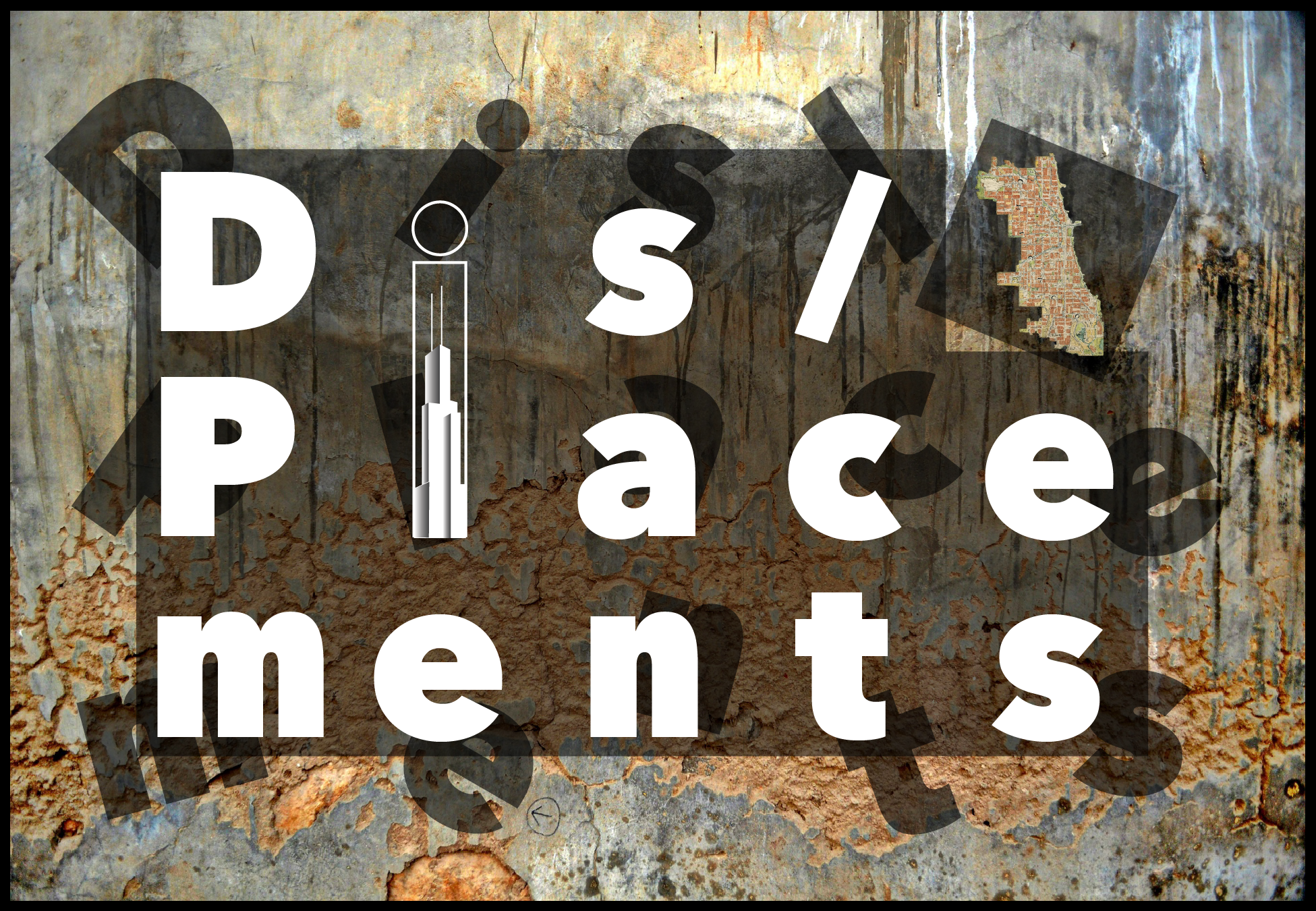Big Chicks and Chicago’s South Asian LGBTQ+ Community
Big Chicks and Chicago’s South Asian LGBTQ+ Community
Site #6 Description…
Over the years, the Big Chicks Queer Bar has also become a hub of South Asian LGBTQ community.
Big Chicks, run by Michelle Fire, is a bar open to everyone, as its tagline announces: “Men and men, women and women, and women.” Fire bought the bar in 1986, at which time it was a haunt for the ageing, predominantly white male occupants of Uptown’s SROs (Single-Resident Occupancy apartments), comprising migrants from Appalachia and vets. In a few years, as Fire began to renovate and decorate the place with art work featuring women, the clientele began to transform into an eclectic group of Queer people. Big Chicks soon became known as an iconic “gay bar,” though significantly, it was a favorite haunt of Queer communities other than just white gay men. Food-writer and cook David Tamarkin recalls that the space attracted “leather daddies, the truck-driving lesbians, the genderqueers, the femmes; black, latino, Polish, Japanese.” (Bon Appetit article)
Promotional image for Big Chicks. Kareem Khubchandani notes in his book Ishtyle that even the name "Big Chicks" has a South Asian connection. On a trip to India, Fire, who was then a large woman, was called "big chick" by a few locals, much to her amusement.
Significant among the earlier queer clientele of Big Chicks was Ifti Nasim. As a gay man who grew up in a conservative Muslim family in Pakistan and migrated to the US to live openly in his identity, Nasim became the garrulous and nurturing heart of a growing diasporic South Asian LGBTQ community in Chicago. Nasim continues to be memorialized by artists and filmmakers as an organizer, a performer, and a bilingual poet who wrote in Urdu and English.
A portrait of Ifti Nasim by artist Annie Strong as part of their "Days of Pride" postcard collection (Instagram: @anniestrongart).
In the same year as Fire opened Big Chicks, Ifti Nasim and a few others started Sangat, an organization for South Asian LGBTQ persons in Chicago. After Trikone, a similar organization that began at the time in San Francisco, Sangat was one of the earliest of its kind. Regular meetings with growing levels of attendance were initially held in Nasim’s home in Edgewater with the aim of providing Queer South Asians with a space where they could combat loneliness, mental health issues, and cultural alienation.
This clip from Dustin Nakao Haider's 2009 documentary on Nasim, titled "A Life in Poem: Ifti Nasim" shows him reading from a poem in his collection, Myrmecophile, titled "How to kill your Brother with Kindness (Especially if he is Homophobe)."
In 2009, long after Sangat dissolved, and two years before Nasim’s death, the Chicago branch of Trikone, well-established by then, hosted the first Jai Ho! Queer Bollywood party at Big Chicks, where it continues to be held.
A poster advertising the 2016 Jai Ho! dance party at Big Chicks. Source: trikonechicago.org
Copyright ©2018 Dis/Placements Project


